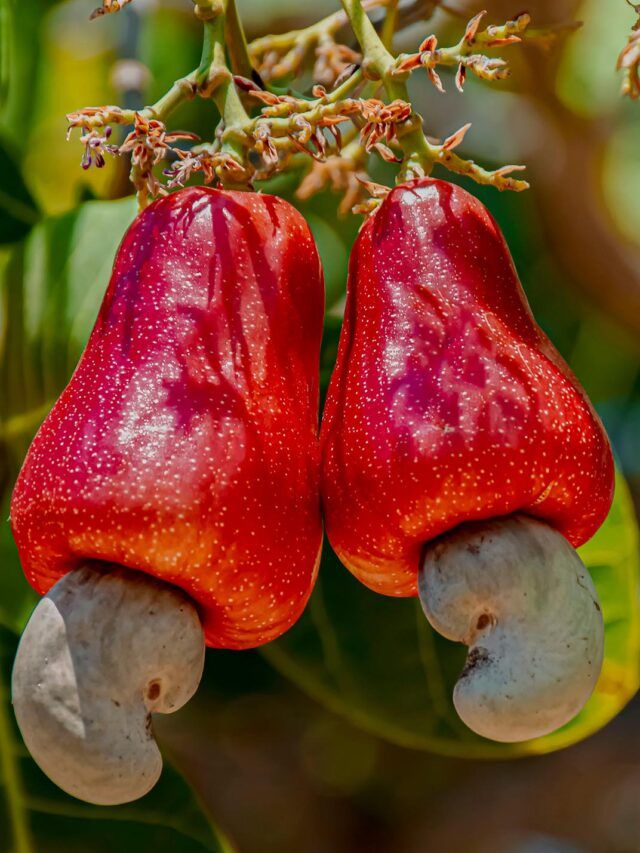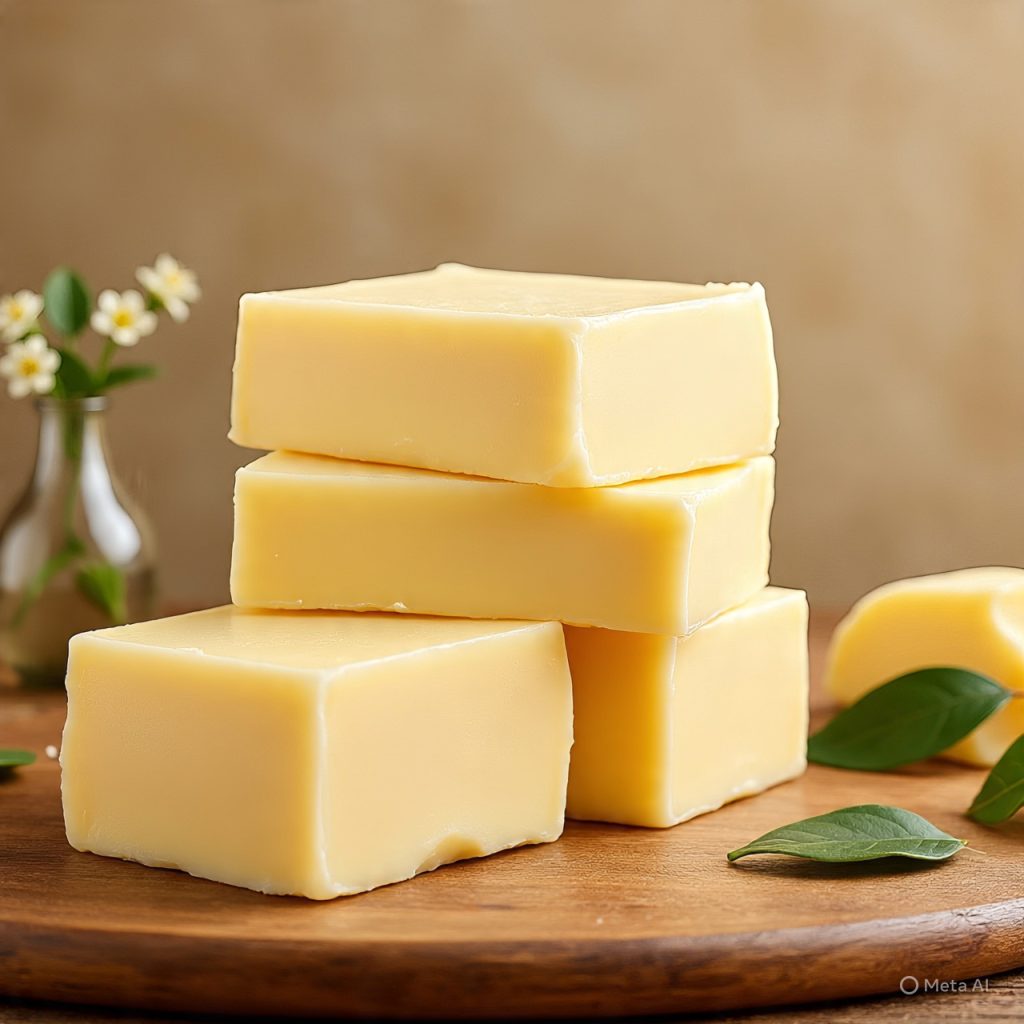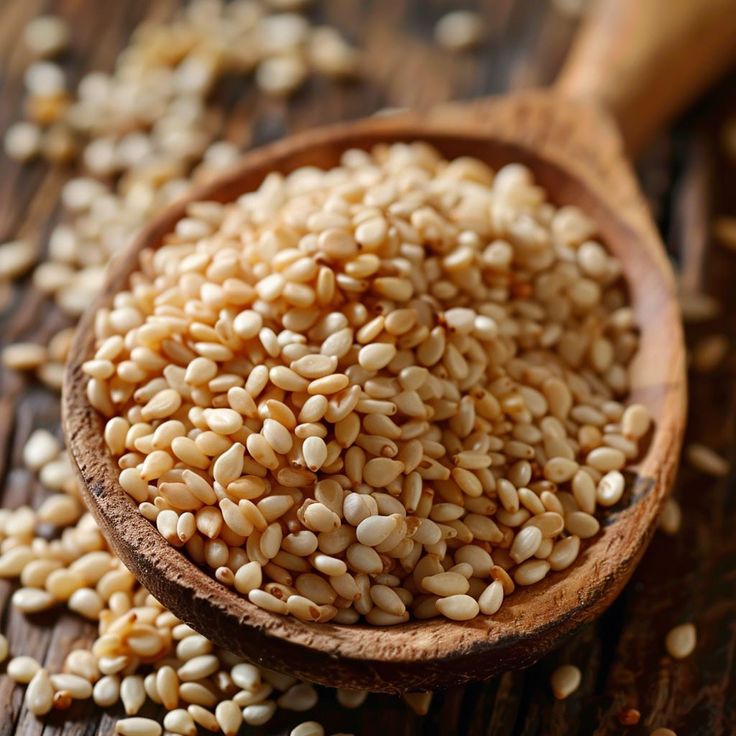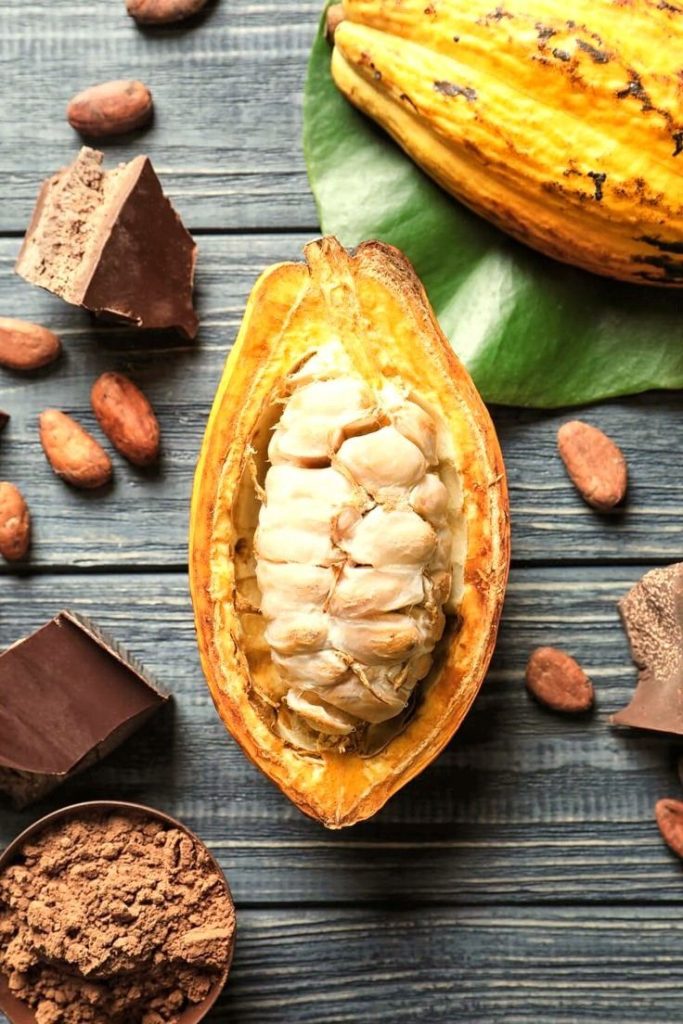Coconut shell charcoal is a high-density, renewable biomass fuel made from the shells of fully matured coconuts. It is eco-friendly, long-burning, and high in carbon content, making it ideal for barbecue, shisha/hookah, metallurgy, and activated carbon production.
Known for producing minimal smoke and odor, coconut shell charcoal is a premium alternative to traditional wood charcoal and is in high demand in both domestic and industrial applications worldwide.
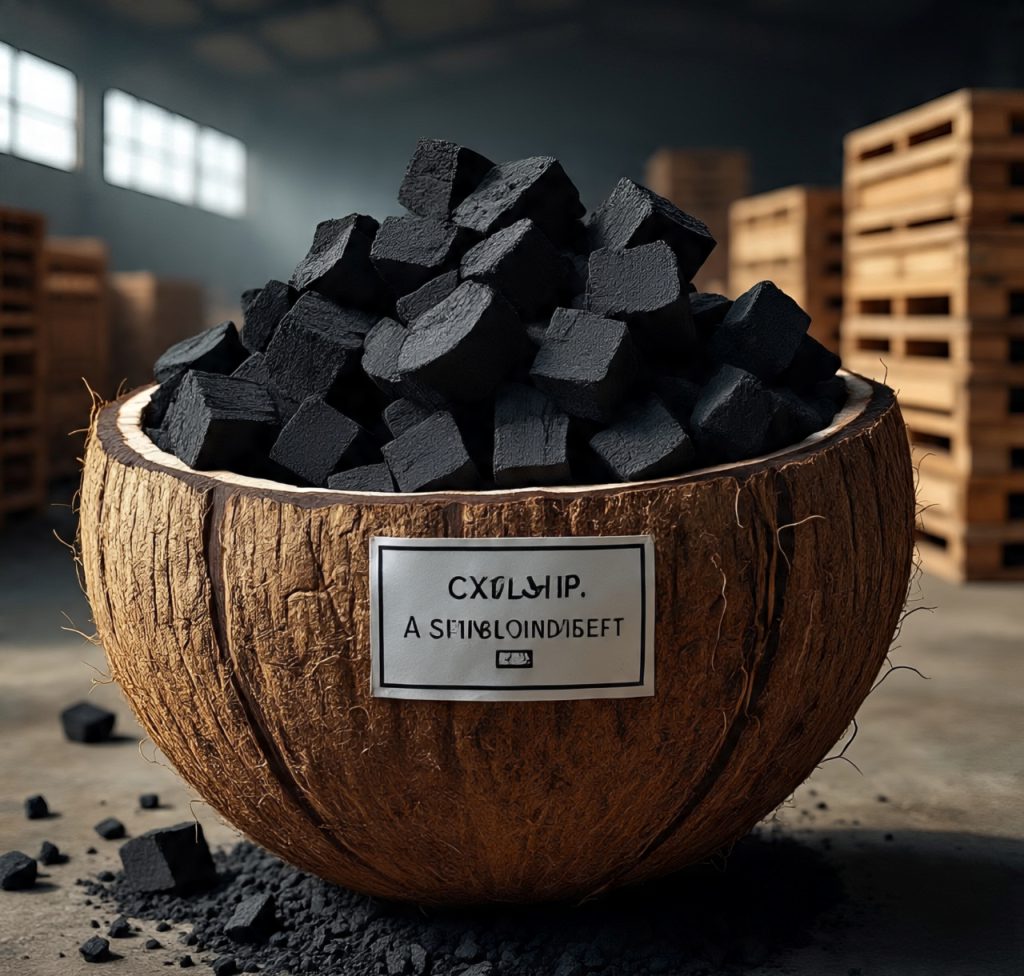
Why Coconut Shell Charcoal is in High Demand
-
Eco-Friendly – Made from agricultural waste, reducing environmental impact.
-
High Carbon Content – Provides strong, consistent heat.
-
Low Ash Production – Ideal for shisha and BBQ markets.
-
Smokeless & Odorless – Preferred in indoor and enclosed cooking environments.
-
Industrial Applications – Used in making activated carbon for water and air purification.
Popular Export Forms
-
Lump Coconut Shell Charcoal – For direct use in cooking and metallurgy.
-
Coconut Shell Charcoal Briquettes – Hexagonal, cube, or pillow-shaped for BBQ and shisha.
-
Industrial-Grade Crushed Charcoal – For activated carbon production.
Major Importing Markets
-
Middle East – UAE, Saudi Arabia, Qatar, Kuwait (hookah/shisha lounges and BBQ sector).
-
Europe – Germany, UK, Netherlands, France (BBQ retail and hospitality).
-
Asia-Pacific – Japan, South Korea, Australia (premium grilling and industrial use).
-
North America – USA, Canada (BBQ enthusiasts and eco-conscious markets).
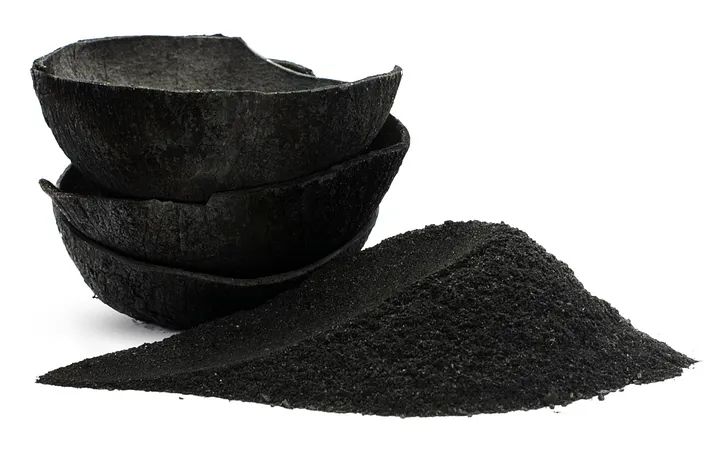
Export Processing Steps
-
Collection of Coconut Shells – From coconut processing facilities.
-
Drying – To remove excess moisture.
-
Carbonization – Heating in a kiln to convert shells into charcoal.
-
Cooling & Grading – Sorting by size and density.
-
Packaging – Moisture-proof bags, cartons, or bulk containers.
Quality Standards & Export Requirements
-
Fixed Carbon Content – 75–85% for premium performance.
-
Moisture Content – Below 5% to ensure long shelf life.
-
Low Volatile Matter – Less than 15% for clean burning.
-
Ash Content – Low to meet cooking and industrial standards.
-
Packaging & Labeling – Must indicate net weight, grade, and usage instructions.
Why Coconut Shell Charcoal Export is Profitable
-
Year-Round Demand – Strong markets in BBQ, shisha, and industrial sectors.
-
Premium Pricing – Higher value than traditional charcoal due to quality and sustainability.
-
Multiple Market Segments – Household, commercial, and industrial use.
IMEN GREEN GLOBAL LIMITED Advantage
We supply premium-quality coconut shell charcoal produced under strict quality control to ensure high carbon content, low ash, and consistent performance.
We offer:
-
Lump Charcoal & Briquette Options.
-
Custom Branding & Packaging for Retail or Wholesale.
-
Industrial-Grade Supply for Activated Carbon Production.
-
Worldwide Shipping with Competitive Freight Options.
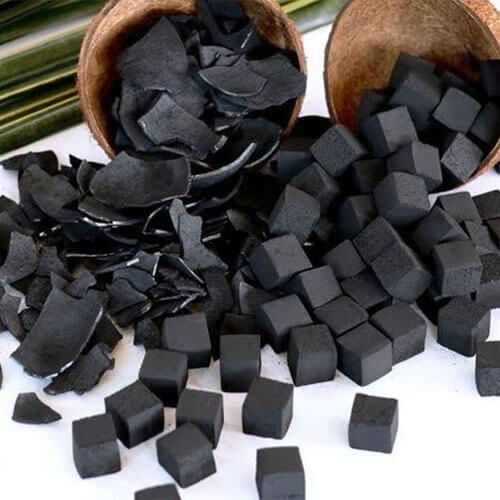
Conclusion:
Coconut shell charcoal is a sustainable and profitable export product with a wide range of applications in food, hospitality, and industrial sectors. Exporters who meet international quality standards and focus on market-specific packaging can secure long-term, high-value trade partnerships.

